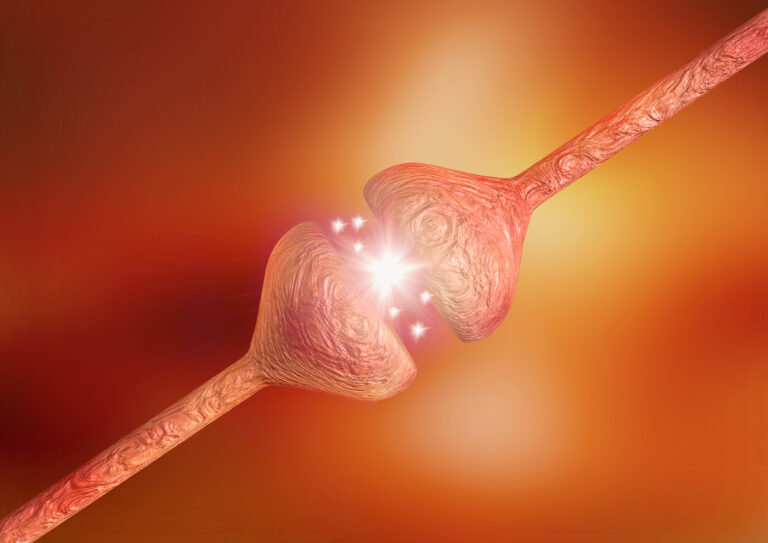Supporting memory recovery after a stroke through diet involves focusing on foods rich in brain-protective nutrients, antioxidants, anti-inflammatory compounds, and healthy fats that promote neurogenesis (the growth of new neurons) and reduce oxidative stress and inflammation in the brain. Scientific research highlights several key foods and nutrients that can help support cognitive function and memory after stroke.
**1. Blueberries and Other Berries**
Blueberries are packed with antioxidants, particularly flavonoids, which protect the brain from oxidative stress—a major factor in cognitive decline. These antioxidants help reduce inflammation and may improve communication between brain cells, supporting memory and overall brain health[1].
**2. Green Leafy Vegetables**
Vegetables like spinach, kale, and collard greens are rich in folate, vitamin K, and other nutrients that support brain function. Folate is essential for DNA repair and neurotransmitter synthesis, while vitamin K is linked to better cognitive performance and slower cognitive decline[1].
**3. Turmeric (Curcumin)**
Turmeric contains curcumin, a compound with potent anti-inflammatory and antioxidant properties. Curcumin has been shown to promote neurogenesis, increase brain-derived neurotrophic factor (BDNF)—a protein critical for neuron survival and mental performance—and reduce β-amyloid plaques associated with cognitive decline. These effects make turmeric a promising food for supporting memory after stroke[3][1].
**4. Tomatoes**
Cooked tomatoes are rich in lycopene, an antioxidant that reduces oxidative stress in the brain. Lycopene’s neuroprotective effects may help slow cognitive decline and support brain health after injury[1].
**5. Nuts, Especially Pistachios**
Pistachios provide healthy fats and vitamin B6, which help maintain neurotransmitter balance. They are also high in vitamin E, known for its brain-protective qualities, including reducing brain inflammation and potentially limiting brain shrinkage after injury[1].
**6. Omega-3 Fatty Acids (DHA and EPA)**
Found in fatty fish like salmon, mackerel, and sardines, omega-3 fatty acids are essential for brain cell membrane integrity and function. Higher brain levels of DHA are associated with better memory recall, verbal fluency, and processing speed. Omega-3s also have anti-inflammatory effects that protect neurons and support recovery after brain injury[3].
**7. Green Tea**
Green tea contains flavonoids such as quercetin and epigallocatechin gallate (EGCG), which support the growth of new neurons in the hippocampus (a brain region critical for memory) and protect neurons from damage. These compounds also influence gut-brain interactions that affect mental health[3].
**8. Avoiding High-Fat and Excessive Sugar Diets**
Research indicates that high-fat diets can rapidly impair memory formation by disrupting brain cell function and increasing metabolic stress. Similarly, excessive intake of sugar substitutes has been linked to faster cognitive decline. Therefore, limiting unhealthy fats and artificial sweeteners is important for protecting memory after stroke[2][4][5].
**9. Other Phytonutrients and Polyphenols**
Polyphenols found in grapes and red wine, such as resveratrol, activate cellular pathways that improve mitochondrial function and reduce cellular aging in the brain. These compounds contribute to neuroprotection and may support cognitive recovery[3].
**10. General Dietary Patterns**
A diet rich in whole, minimally processed foods—such as the Mediterranean diet, which emphasizes fruits, vegetables, nuts, whole grains, fish, and healthy oils—has been associated with better cognitive outcomes and reduced risk of stroke-related cognitive decline.
**Scientific Rationale**
Stroke often causes brain inflammation, oxidative stress, and neuronal damage, all of which impair memory and cognitive function. Foods rich in antioxidants and anti-inflammatory compounds help counteract these processes. Nutrients like B vitamins





